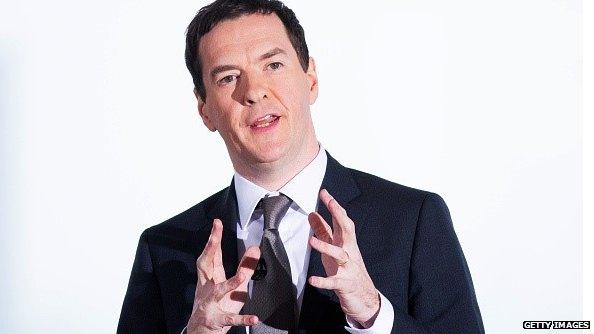£30m devolution deal with North East mayor gets backing
- Published
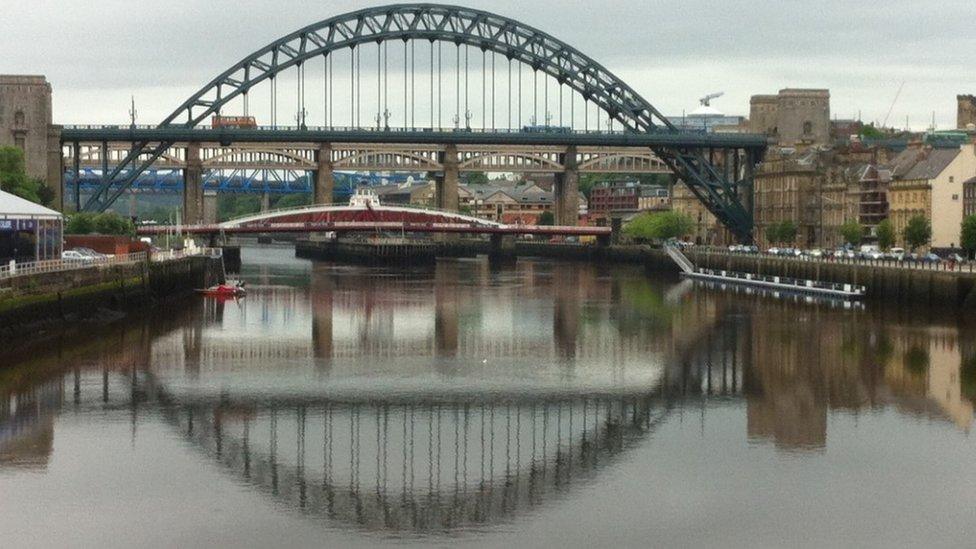
The North East Combined Authority will be given access to £30m a year over 30 years
A North East devolution authority run by an elected mayor with £30m funding a year has moved a step forward.
Six of the seven councils that make up the North East Combined Authority voted in favour of the plan.
Only Gateshead Council voted against the move and there are fears it could lose out on millions in investment.
The new authority will give regional figureheads power over transport, planning and employment policies, Chancellor George Osbourne has said.
People will choose a directly-elected mayor in 2017.
The deal is part of the government's Northern Powerhouse programme to help towns and cities in the North of England compete with those in the South for investment.
The North East Combined Authority represents Labour-led Durham County Council, Gateshead, Newcastle, North Tyneside, Northumberland, South Tyneside and Sunderland.
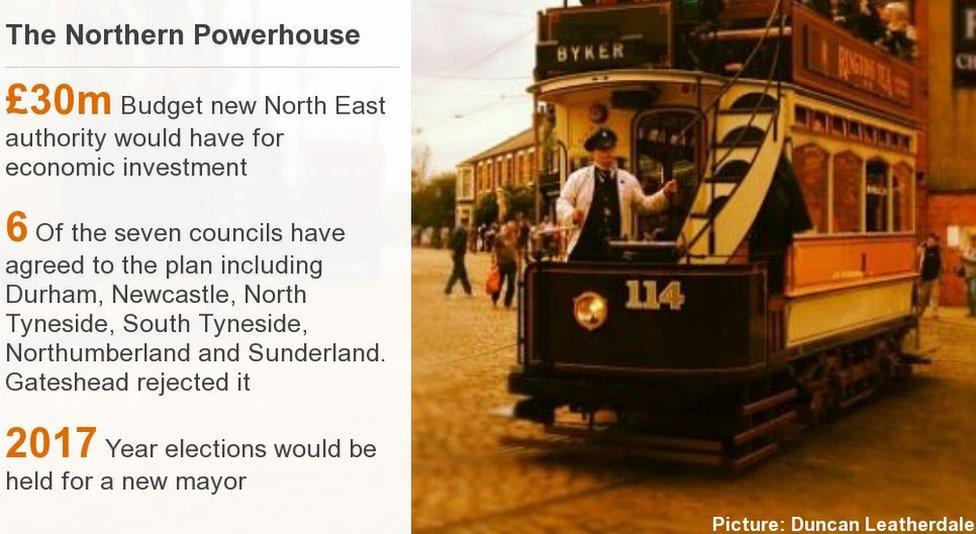

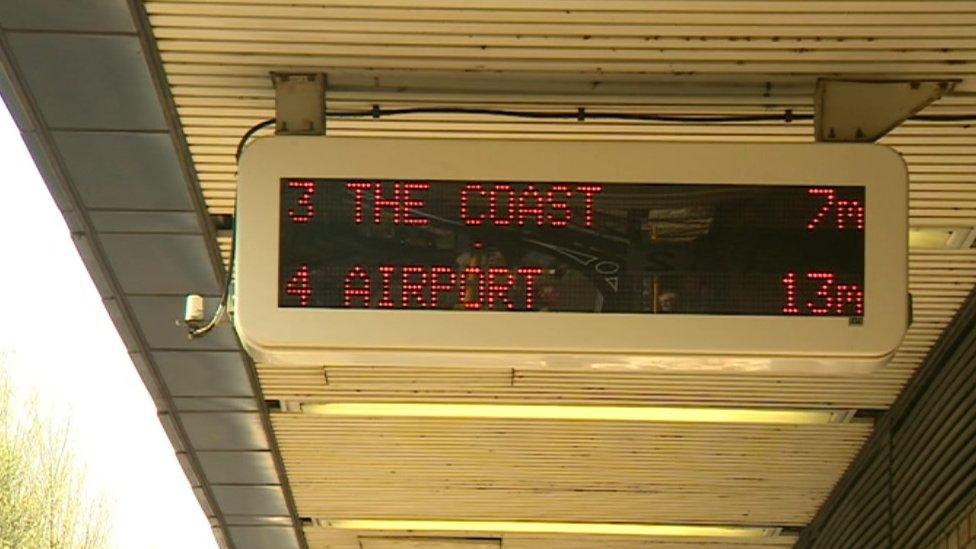
Luke Walton, BBC Political Correspondent
Today's vote poses the question: can a new system for running the North East work with a Gateshead-sized hole in the middle?
So far six councils from Northumberland to Durham have agreed to be part of a mayoral authority - headed by a directly-elected mayor working alongside the six council leaders.
That will control a £30m a year investment fund, have a say over Whitehall and EU expenditure in the region, and have powers over local transport, economic development, training and planning.
But Gateshead is still planning to opt out of the city-region mayor, a position that has led to warnings the town could miss out on government investment as result.
That said, this afternoon its outgoing Labour leader, Mick Henry, talked of continuing "open dialogue" with ministers on the devolution plan.
That would seem to suggest there is still a chance of Gateshead opting back in to the plan in return for a better deal from Government.
Otherwise, it seems the rest of the region will press on with plans for mayoral elections in May 2017, and Gateshead faces potential isolation.
In 2004, more than three-quarters of voters in a North East referendum rejected the government's plans for an elected regional assembly.

Greater Manchester and Sheffield have signed up to having a directly elected mayor.
Alexandra Jones, chief executive of Centre for Cities, , external an urban economics think tank, said: "The North East mayor would be operating at a much bigger level, with the position comes power - power over transport and housing and with it comes money the government has already agreed too.
"But it also brings profile - a person batting for the North East with national governments and investors and that kind of profile has a strong mandate.
"It will really benefit the area. The mayor offers more of a chance to make decisions at a local level rather than them being taken in Whitehall where they don't really know the area.
"It will be complicated without Gateshead - lots of negotiations on transport and how this is going to work. However, in the future Gateshead may decide to be in it."
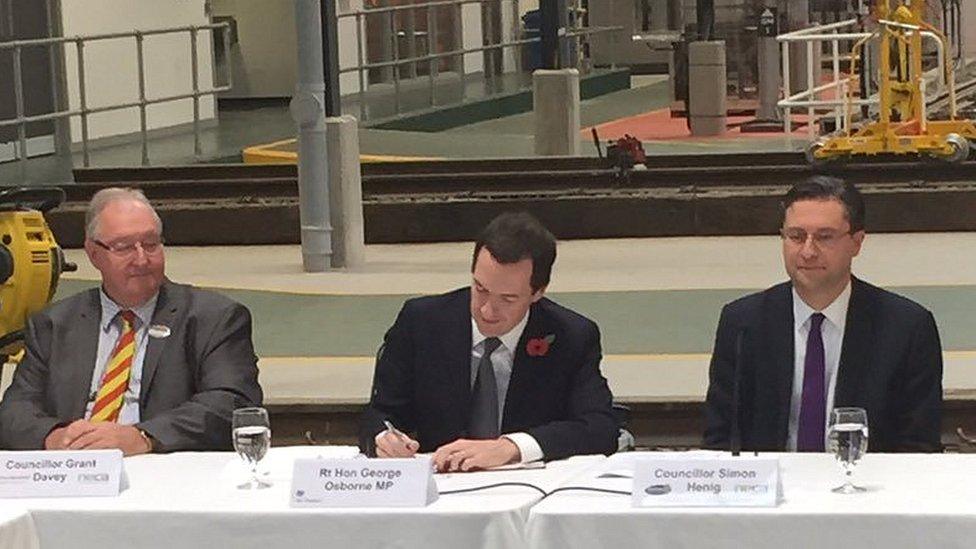
George Osborne signed the devolution deal earlier this year
- Published20 November 2013
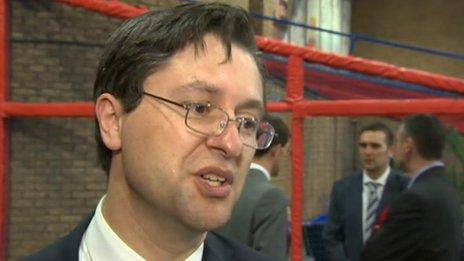
- Published23 October 2015
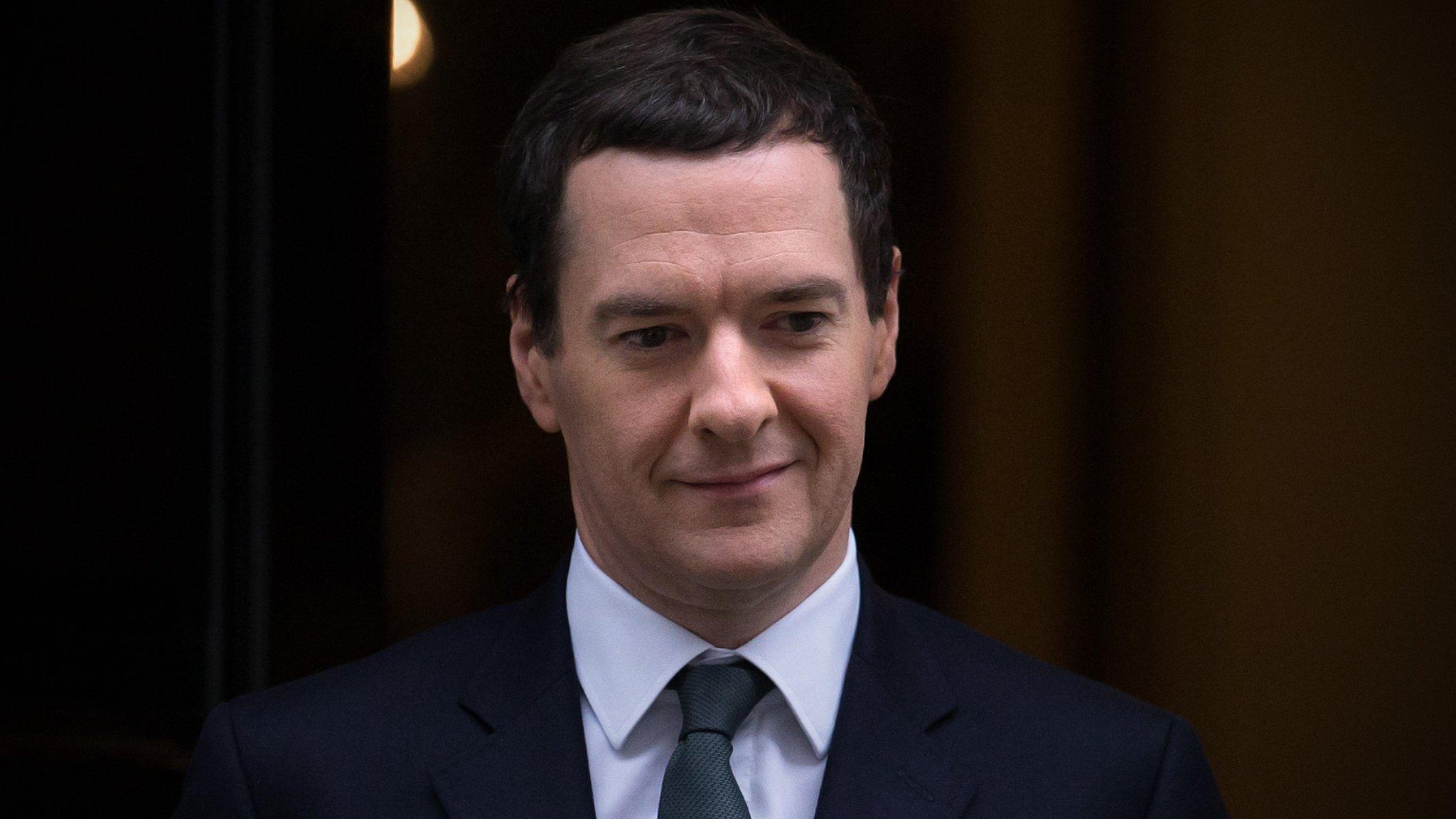
- Published2 October 2015
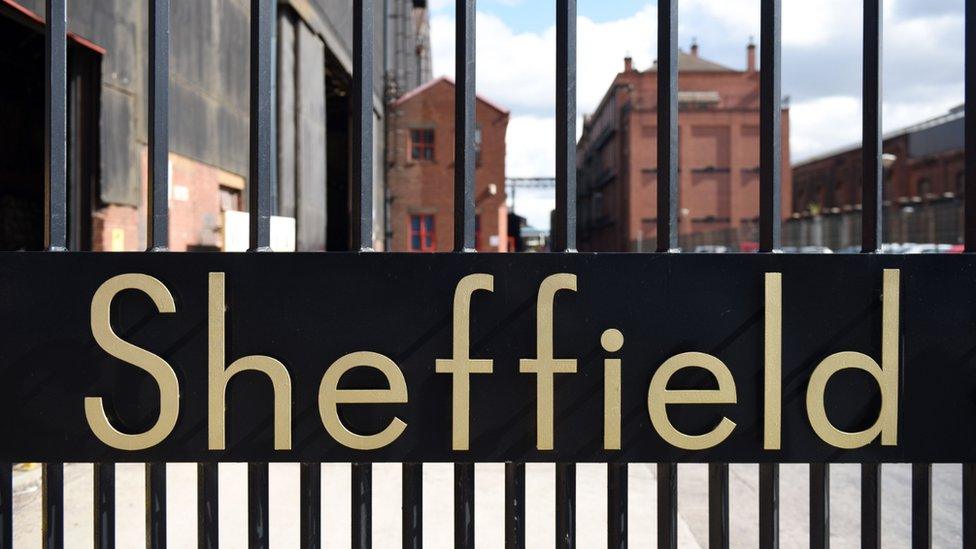
- Published19 July 2015
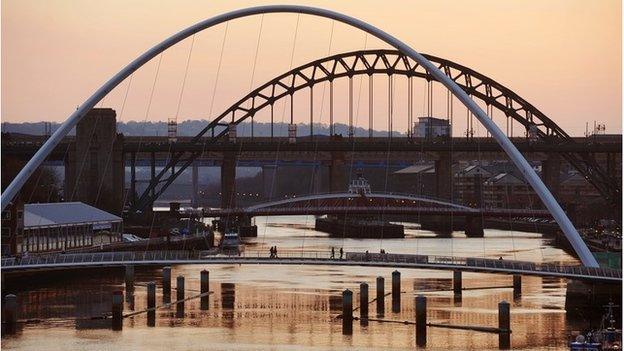
- Published3 November 2014
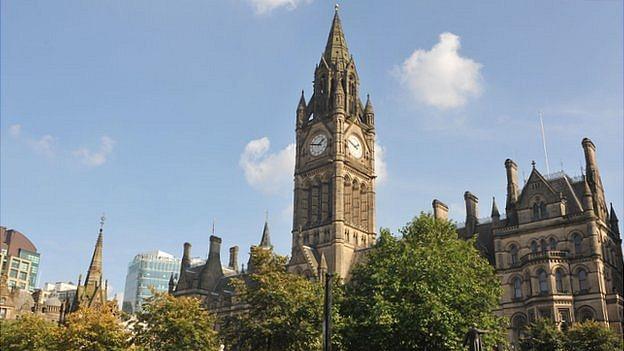
- Published14 May 2015
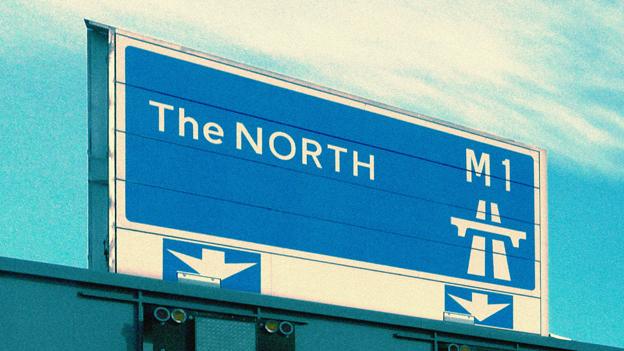
- Published8 January 2015
